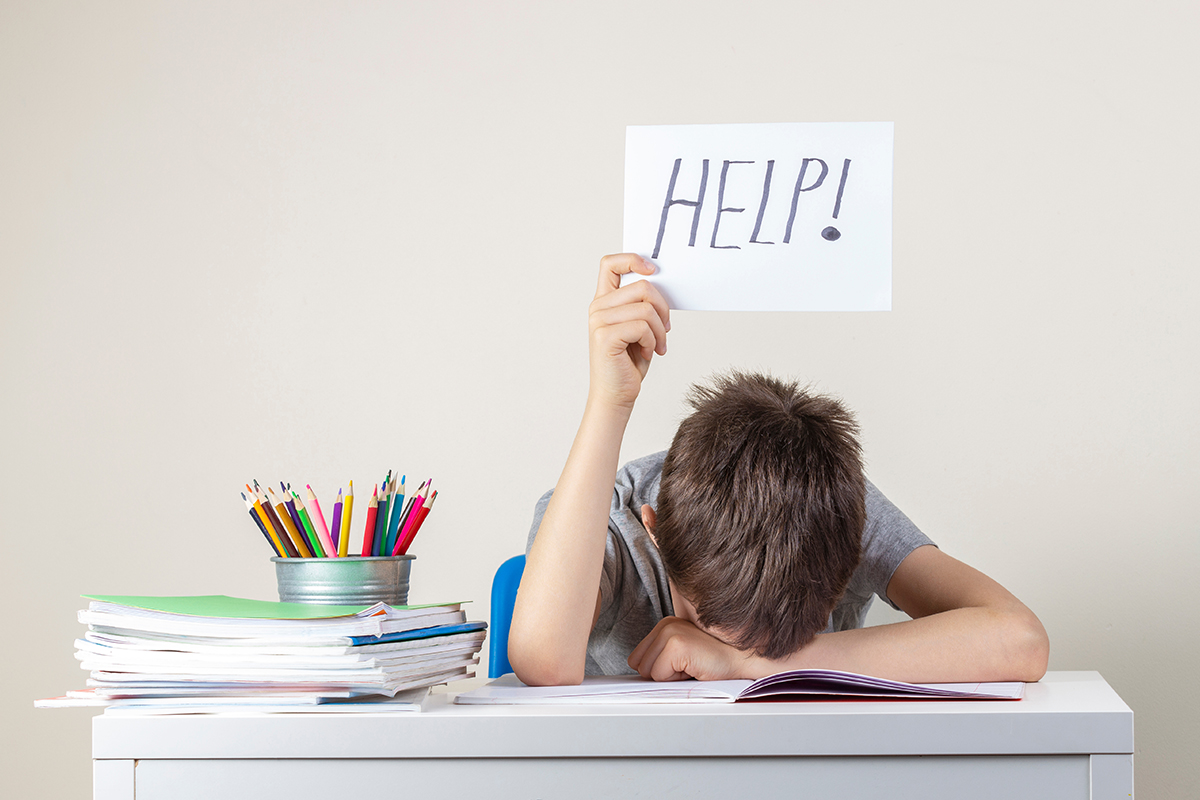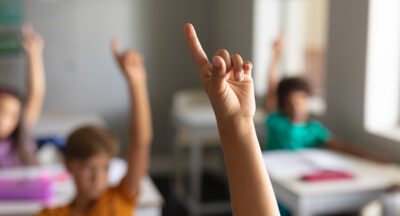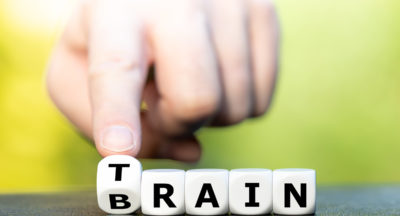
Signs Your Child Needs a Psychoeducational Assessment as a form of Learning Check-in
As parents, we’re on a constant quest to support our children and ensure they thrive in every aspect of their lives. When challenges arise, it’s natural to want to understand how best to help. A form of learning check-in, known as a psychoeducational assessment, can be a game-changer. In this post let’s explore some signs that suggest it might be time for a kid-focused learning check-in, in the form of a psychoeducational assessment, to help unlock your child’s unique learning journey.
What Are Signs Your Child Needs a Psychoeducational Assessment?
Academics Becoming a Puzzle
If homework is starting to feel like a puzzle with missing pieces, it might be time for a learning check-in. Your child might be struggling a bit more than expected in certain subjects. A learning check-in helps us discover the best ways to help them piece the puzzle together and enjoy learning again.
Rollercoaster Ride in Grades
Report cards resembling a rollercoaster ride? It happens to many kids! But if you’re noticing consistent ups and downs, it might be a clue that your child’s learning style is a bit like a rollercoaster, too. A learning check-in can provide a personalized map that helps smooth out the ride, focusing on strengths and working through challenges.
Feeling Tangled Up in Emotions
Kids have big emotions, and that’s completely normal. But if those emotions start feeling like a tangled mess after school each day, it might be a good time for a check-in. A learning check-in isn’t just about schoolwork – it’s about understanding the whole child and figuring out how to support them emotionally as well.
Attention Wandering Like a Butterfly
Is your child’s attention fluttering around like a curious butterfly, making it hard to focus? It’s okay; that’s part of being a kid. But if it seems like the butterfly is flitting away a bit too often, a learning check-in can help figure out how to keep that attention grounded and engaged.
Skills Taking a Little Extra Time
Every child develops at their own pace, but if you notice certain skills taking a bit more time to bloom or develop, a learning check-in can offer insights. It’s not about comparing; it’s about understanding and celebrating your child’s unique journey. A check-in can highlight the areas where a little extra support can make a big difference.
Tried-and-True Strategies Not Quite Working
You’ve probably got a toolkit of tried-and-true strategies to help your child. But if it feels like those strategies aren’t working as well as they used to, it might be a good moment for a learning check-in. It’s like adding a few new tools to the toolkit – ones that fit your child’s unique learning style.
Teachers Dropping Friendly Hints
Teachers are like partners in your child’s learning adventure, and they might drop friendly hints if they notice something worth exploring. If a teacher suggests a learning check-in or evaluation, it’s like an invitation to collaborate and ensure your child has the support they need to shine in the classroom.
Family Stories Sharing Similar Chapters
Sometimes, the best insights come from family stories. If there are tales of uncles who took a bit longer to read or cousins who discovered unique learning styles, it might be worth exploring those family connections. A learning check-in can help connect the dots and ensure your child’s story is written with the right support.
Psychoeducational Assessments at Cognitive Solutions L.C.
In conclusion, recognizing signs for a learning check-in in the form of a psychoeducational evaluation is about nurturing your child’s learning journey with love and understanding. It’s not about labels or comparisons; it’s about unlocking the unique potential within each child. A learning check-in offers a roadmap, providing insights to tailor support and celebrate your child’s strengths. Together, as parents and partners in education, we can ensure our children’s learning adventures are filled with joy, growth, and the support they need to soar. For more information on our psychoeducational assessment program, contact use here
Related Posts
HELPING CHILDREN AND ADULTS REACH THEIR FULL POTENTIAL.
We help individuals with Attention Deficit Disorder (ADD/ADHD), Learning...
Understanding Your Rights: A Teen’s Guide to Healthcare and Confidentiality
18 years old. This age brings so much change in a teen’s life, even more than the...
The Parents Dilemma – Choosing the Right Therapy When Your Child Has ADHD
The Parents Dilemma – Choosing the Right Therapy When Your Child Has...
How Neurofeedback Treats Traumatic Brain Injury, Anxiety, Depression, And More
Imagine if you and your therapist could actually see what your mental illness...





